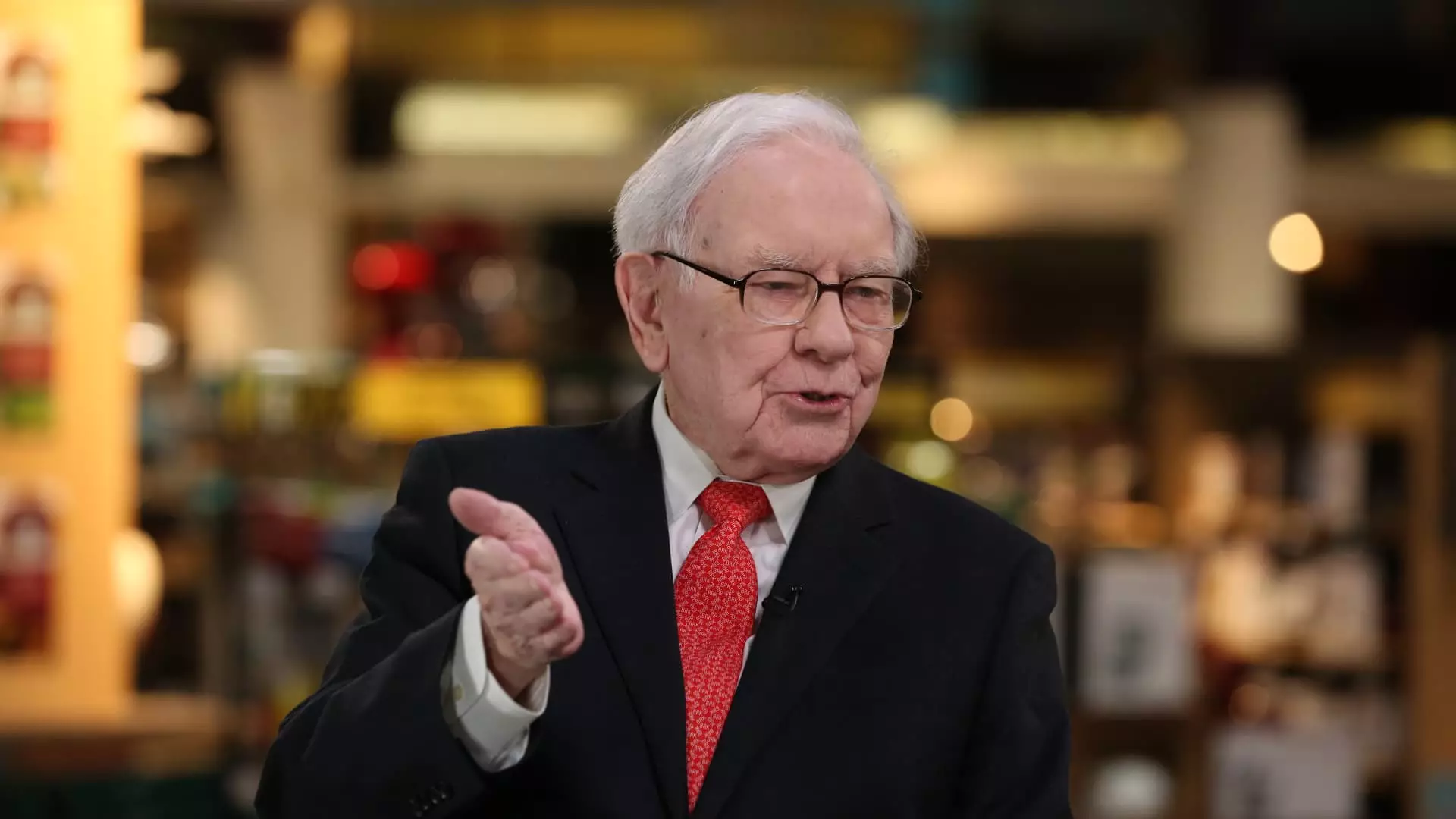As the prospect of Donald Trump’s new administration comes into focus, the air is thick with tension surrounding potential trade policies. With imminent tariff threats targeting economic powerhouses such as Canada and Mexico, the echoes of previous trade wars still reverberate across global markets. Notably, Warren Buffett, the esteemed CEO of Berkshire Hathaway, has expressed considerable apprehension regarding the ramifications of such aggressive trade measures. His insights from 2018 and 2019 underscore concerns that these tariff policies could usher in an era of inflation and market instability, further complicating the financial landscape for consumers worldwide.
Buffett has prominently highlighted that tariffs function as a de facto tax on consumers, fundamentally altering purchasing behavior and market dynamics. In his analysis, he argues that the ramifications of tariffs extend beyond national borders, with interconnected economies likely to feel the strain. He emphasizes that policies fostering free trade have historically allowed communities to thrive, enabling access to a wide range of goods at reasonable prices. In contrast, the introduction of significant tariffs could lead to price spikes, which would directly impact household budgets and consumer choices. This shift in economic strategy raises critical questions about the sustainability of long-term consumer welfare in the face of escalating trade tensions.
Buffett’s perspective extends to the responsibilities of leadership, advocating for a model where the president serves as an “educator-in-chief.” Drawing parallels with Franklin D. Roosevelt during the Great Depression, Buffett suggests that leaders must effectively communicate the rationale and expected outcomes of their economic policies. This approach fosters understanding and mitigates fear among consumers and businesses alike, reinforcing the importance of transparency in governance. As Trump embarks on a potential path of punitive tariffs, it remains crucial that he articulates his vision clearly to avoid misunderstanding and unrest among the populace.
There exists a dichotomy of viewpoints regarding Trump’s aggressive stance on tariffs. Some analysts argue that these measures may serve as a negotiating tactic aimed at addressing issues like illegal immigration and drug trafficking. Others, however, fear we may be on the brink of repeating the cyclical nature of retaliatory tariffs witnessed during Trump’s first term. The potential for this escalation raises significant concerns about the overall health of international trade relations and economic collaboration. Bufffett’s insights serve as a reminder of the interconnectedness of global economies and the profound implications of a trade war on everyday consumers.
As the future of U.S. trade policy remains uncertain, the thoughts of seasoned investors like Warren Buffett provide critical context for understanding the potential fallout from new tariff regimes. With consumers constantly adapting to changing markets, the consequences of tariffs could ripple through economies far beyond American borders, leading to a precarious balance of trade relationships. The actions of the incoming administration will inevitably shape not only the U.S. economy but also the interconnected global landscape.

